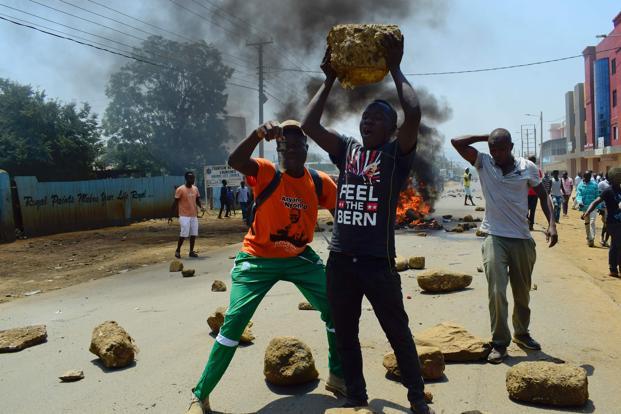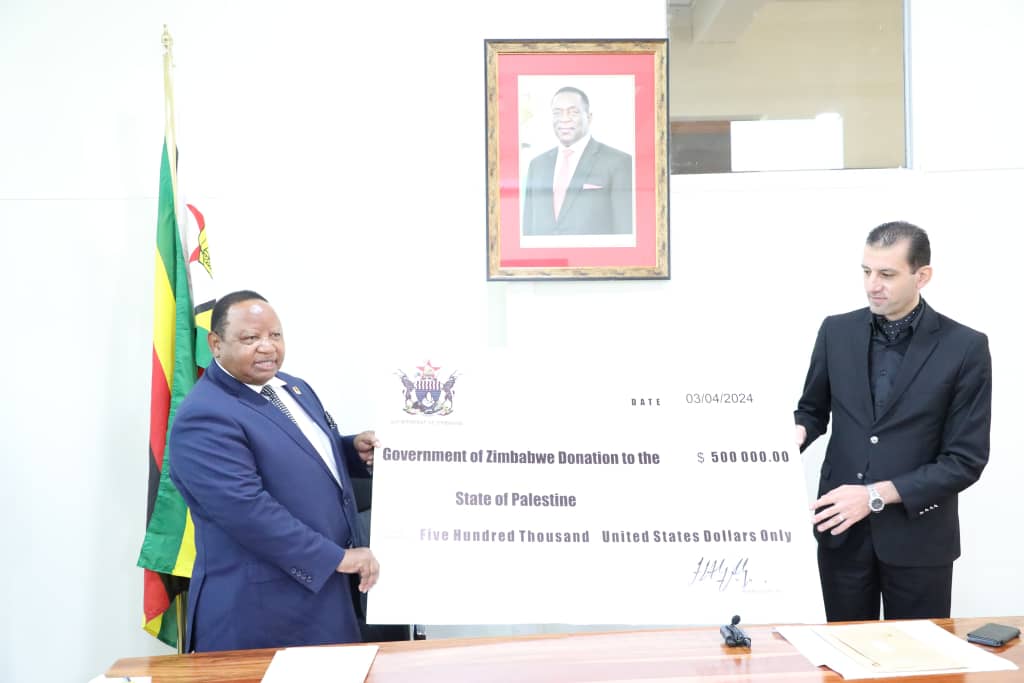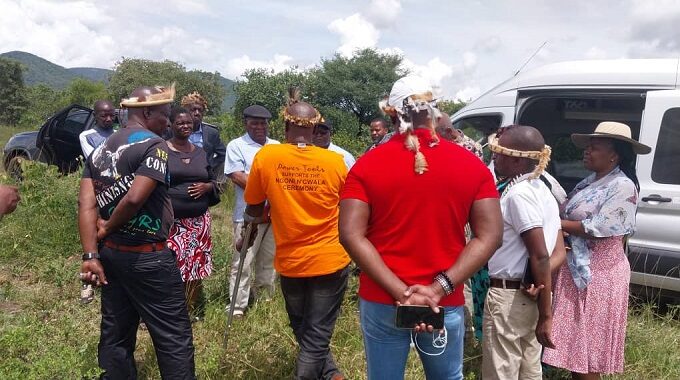MPs have warned government of a looming civil war if it fails to address the marginalisation of Matabeleland region and other marginalized groups.
Priscilla Misiharabwi-Mushonga launched the debate on a motion which beamed the marginalisation of the region and women in the awarding of tenders in local government and parastatals.
Misihairabwi told parliament Tuesday that the region was bitter about government’s perpetual failure to equitably share the country’s resources and the anger can turn into war anytime.
She was citing the case of Wellcash debt collectors describing them as an institution highlighting the gravity of marginalisation in Zimbabwe.
According to her, the company has taken over debt collection in every corner of the country basing on a human resource base that is predominantly Shona and male.
“It does not make sense to me that in a country where you have Mashonaland, Manicaland, why not just find the lawyers that are resident in that particular province to do the job that is there,” she said.
Misihairabwi warned of the high likelihood of civil unrest as Ndebeles are now frustrated of being labelled tribalists when they are raising purely marginalisation issues.
“We are not trying to do political mileage, we are not trying to be tribalistic but we are actually talking about something that is so serious that unless it is addressed,” she said.
“And I keep saying this in this House, unless we address this thing, one day we are going to be in a civil war in this country.
“You cannot continue to treat a particular people in a particular attitude and expect that they will not stand up to that kind of oppression.”
Thabitha Khumalo weighed in saying most banks in Bulawayo are staffed by Shona people including the unskilled labour force.
“I went and parked my car at Bulawayo Rainbow and a young lady opened the gate for me. I was so impressed because women were now opening boom gates,” said Khumalo.
“I was shocked when she said Hon Khumalo help me find a job. I said where do you come from? She said that she was from Marondera. I went to the management of Rainbow and asked them if there was no one in Bulawayo who could pick and push the boom gate.
“Talking of that marginalisation, today the only infrastructure that is in Bulawayo was left by the colonizers and the pensions funds. Mr. Speaker Sir, let us avoid another Rwanda.”
Musikavanhu constituency legislator Prosper Mutseyami said marginalisation of some Zimbabwean tribes is historical requiring the re-writing of the liberation struggle and post-independence narrative.
“There were ancestral spirits from Mazezuru, Ndaus and Ndebele, it is not Mbuya Nehanda and Sekuru Kaguvi only who liberated the whole country and that should be rectified,” he said.
“If you look closely, what they are referring to as Shona is Zezuru and in this Zezuru there is no other languages incorporated like Ndau or Ndebele and yet they say our national language is Shona.”
Vice president Phelekezela Mphoko, National Healing and Reconciliation minister, said no one should be allowed to plunge back Zimbabwe into another Gukurahundi.
“It does not mean that because you are Tonga, or Manyika or Muzezuru you are better than me, no, no, there is nothing like that. The moment we go into those pieces of tribes, we are finished as a country,” he said.
Mphoko urged Ndebele people to be competitive in order to starve Shona’s of their share.
“No, no please, there is no law which says a Shona is better than a Ndau. If you allow them it is your fault,” he said.
Misihairabwi vowed to continue debating the issue despite its sensitivity.-NewZim






